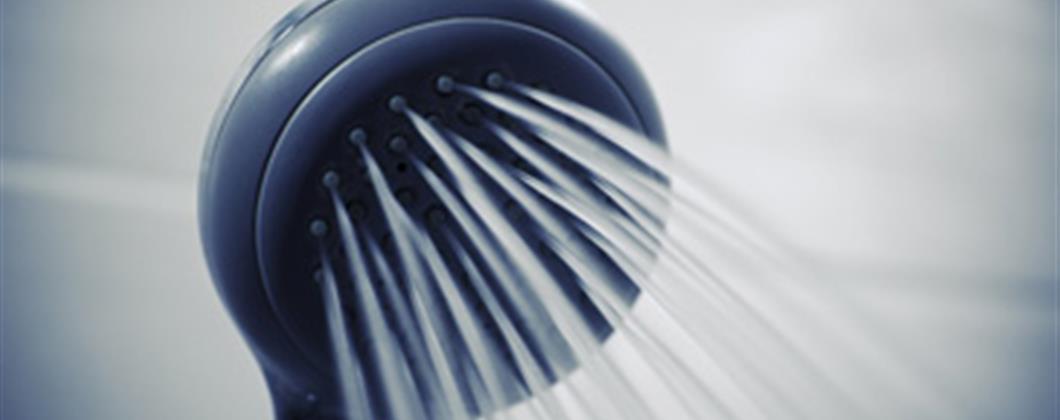4 Things You Need To Know About Legionella

Between 300 and 500 cases of Legionaries disease are reported in England and Wales each year. 10% of these cases are fatal. If you are a Right to Manage or Residents Property Management company for your block of flats, it is essential that you understand how Legionaries occurs and your responsibilities to your tenants.
1. What Is Legionella?
Legionellosis (or Legionnaires’ disease) is caused by Legionella bacteria. The symptoms are similar to pneumonia, including a high temperature, fever, chills and coughs. Legionella is contracted by inhaling droplets of water containing Legionella bacteria. Most cases of Legionnaires’ disease occur in hospitals, hotels and offices. However, in rare cases, it can be found in homes. Speak to your block of flats insurance advisors if you think your block may be at risk.
2. It Can Spread Though Bathrooms
Legionnaire’s disease is commonly spread through domestic water fittings, typically showers, taps, hot tubs and air conditioning systems. It can affect hot and cold water systems, as the bacteria develops in temperatures between 20-45°C. The bacteria is more likely to grow in stagnant water. Be sure to check the water systems if it has not been active for a while.
3. Smokers & The Elderly Are Most At Risk
Although anyone can be affected by Legionnaire’s disease, some are more vulnerable than others. People who smoke and drink heavily, those over 45 and anyone with previous medical conditions (such as respiratory illnesses) are at higher risk.
4. Your Duty To Prevent Legionella
As per Section 3(2) of the Health and Safety at Work Act 1974, Residential Property Management companies, landlords and Right To Manage agents of blocks of flats all have a duty of care to keep their properties free from health hazards. In order the manage the risk of Legionella in your property:
1. Prevent the risk of the bacteria forming by cleaning the water system as required, ensure debris does not contaminate cold water tanks and check the water in the pipework does not stay stagnate for long periods.
2. Regularly conduct a Legionella Risk Assessment in the property.
3. If you identify a risk of Legionella, follow the recommendations from the risk assessment and if necessary consult a specialist contractor to maintain the system.
4. Keep a clear set of risk assessment records and a water log book to record water temperatures.
For more advice about block management, consults our block of flats insurance advisors at Flats Direct on0800 7316242 or complete our contact form for a block of flats insurance online quote.

